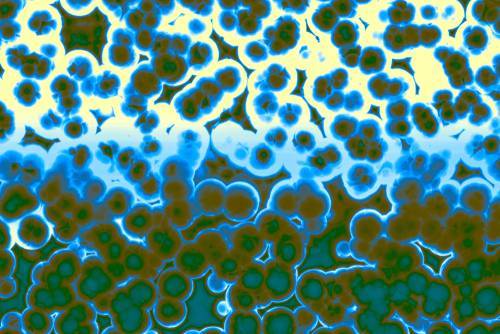Our gut hides a bustling universe of microscopic organisms that contribute significantly to our overall health. This is the gut microbiome.
The gut microbiome, a complex ecosystem of trillions of microorganisms, has garnered increasing attention from the medical community, especially in Asia, where diverse dietary habits and lifestyles impact gastrointestinal health. In this article, we’ll delve into the fascinating world of the gut microbiome, its importance, and ways to maintain a healthy balance.
Unravelling the Gut Microbiome: A Diverse Ecosystem
The gut microbiome comprises various species of bacteria, viruses, fungi, and other microorganisms, all coexisting in a delicate balance. These tiny creatures play a vital role in breaking down food, synthesising essential nutrients, and supporting our immune system. Research has linked an imbalance in the gut microbiome to numerous health issues, including obesity, diabetes, and inflammatory bowel disease (IBD).
The Unique Microbial Landscape
Dietary habits and environmental factors greatly influence the composition of the gut microbiome. Asians, in particular, consume a diverse array of fermented foods, such as kimchi, miso, and tempeh, which are rich in probiotics that promote gut health. A study published in Nature (2014) found that the gut microbiota of Chinese individuals differed significantly from those of Europeans and Americans, mainly due to differences in diet and lifestyle.
The Impact of Antibiotics: A Double-edged Sword
While antibiotics are essential in treating bacterial infections, they can also disrupt the gut microbiome’s delicate balance. Overuse of antibiotics is a growing concern in Asia, with a 2018 study revealing that antibiotic consumption in India, China, and Pakistan ranked among the highest worldwide. To minimise the impact of antibiotics on gut health, it’s crucial to use them only when prescribed by a healthcare professional.
Supporting Gut Health: Probiotics and Prebiotics
Probiotics are live microorganisms that, when consumed in adequate amounts, confer health benefits. They can be found in fermented foods, such as yoghurt, kefir, and kombucha, or taken as supplements. Prebiotics, on the other hand, are non-digestible food components that promote the growth of beneficial gut bacteria. Good sources of prebiotics include whole grains, bananas, and onions. Incorporating both probiotics and prebiotics into one’s diet can help maintain a healthy gut microbiome.
Reducing Stress: A Surprising Gut-health Ally
Chronic stress negatively impacts the gut microbiome and can lead to digestive issues. Research suggests that stress-reduction techniques, such as meditation, yoga, and deep-breathing exercises, can help improve gut health. As stress levels in Asia continue to rise, adopting stress-reducing practices can be beneficial for both mental and digestive well-being.
Conclusion: Towards a Healthier Gut
The gut microbiome plays a pivotal role in our overall health, and understanding its complexities is vital for maintaining optimal gastrointestinal health. In Asia, dietary habits and stress management are key factors in promoting a balanced gut microbiome. By incorporating probiotics and prebiotics, reducing stress, and using antibiotics judiciously, we can take the necessary steps towards a healthier gut and improved well-being.

